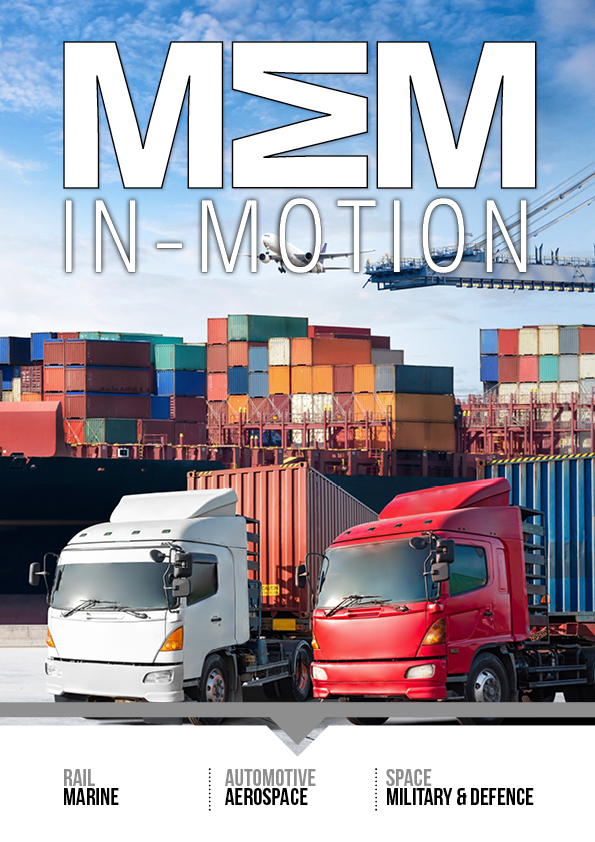The Go-Ahead Group has seen its share prices plunge after passengers voted Thameslink as the worst performing rail service.
The transport giant has lost nearly £200 million of its value after the group warned that strikes and passenger disruption on the biggest rail franchise in Britain will halve profit margins it expects to make from the Govia Thameslink Railway.
The FTSE 250 listed company saw its shares plunge to a two year low of £19.95, an 18% decrease, after it predicted that adjusted margins from the GTR firm were half the figure that was initially forecast.
The share price subsequently fell and cost the company £188 million from its market valuation.
Go-Ahead owns 65% of Govia, which is the firm’s joint venture with French company Keolis that operates the London Midland, Souteastern and GTR rail franchises.
Two years ago, Govia was awarded the seven year contract for GTR, which includes Gatwick Express, Thameslink, Southern and Great Northern services, however the franchise has since encountered a series of significant issues.
Due to the ongoing project of rebuilding London Bridge station, a variety of services have suffered from huge disruption, resulting in misery for capital commuters.
Subsequently, Thameslink was voted by passengers in a recent poll as the worst performing rail service.
In addition to Go-Ahead’s troubles, the GTR sector of the business has also become embroiled in a bitter industrial dispute with Gatwick Express and Southern railway employees, who have taken strike action against proposed plans for new trains with driver operated doors.
Go-Ahead Chief Executive, David Brown, admitted that the company has taken extra measures to make sure services improve for passengers, including the resolution of its continuing battle with Aslef unions and the RMT, as well as hiring more train drivers.
However, he insisted that the major scale of the London Bridge scheme and its subsequent effects through the network have been underestimated by all companies involved, including Network Rail.









